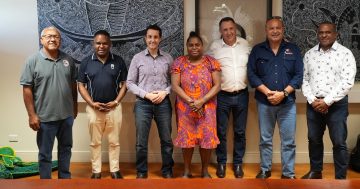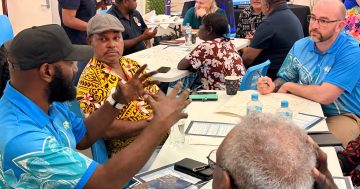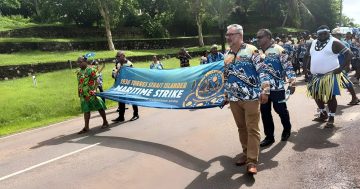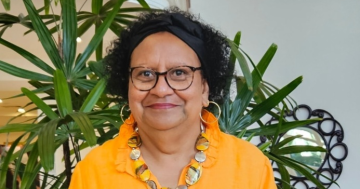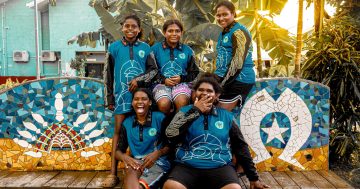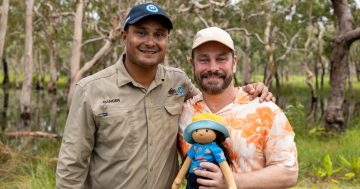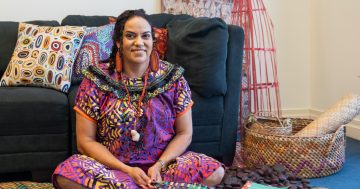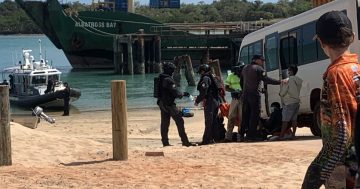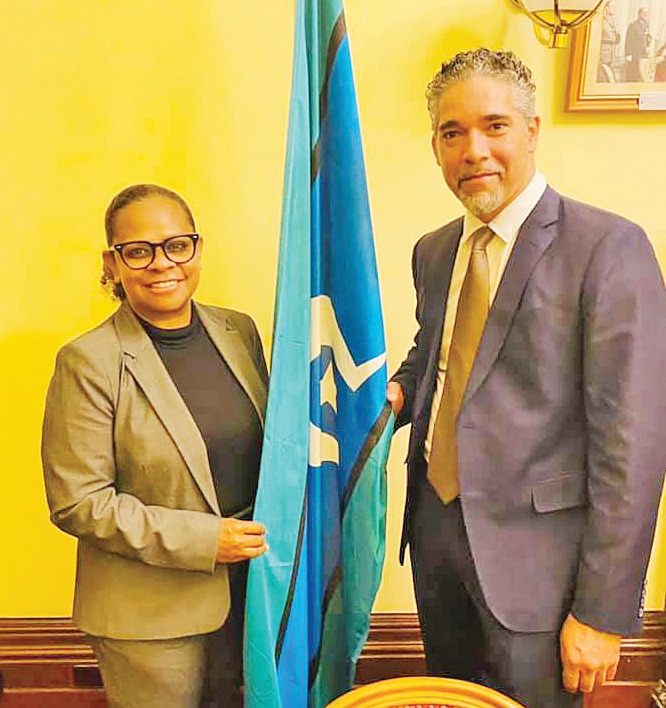
He will oversee the decisions on applications for the legal recognition of Torres Strait Islander traditional child rearing practices.
In doing so, he will help resolve long-standing issues faced by Torres Strait Islander people whose legal identity does not reflect their cultural identity.
“Mr Maza has extensive experience in law, advocating for, and engaging with, Torres Strait Islander people; and has a deep understanding of the traditional child rearing practice,” Minister for Aboriginal and Torres Strait Islander Partnerships Craig Crawford said.
Mr Maza has spent the best part of a decade working as the regional manager of the Aboriginal and Torres Strait Islander Legal Service (ATSILS).
He was responsible for establishing a regional office on Thursday Island and satellite office in Bamaga, and advocating for the rights of Indigenous people in the Torres Straits and NPA.
Mr Maza’s job in the Torres Strait is about to become redundant as the ATSILS contract runs out at the end of the month, much to the disappointment of locals.
Mr Maza is a descendant of the Meriam people of Mer (Murray) Island and the Yidinji people from the coast of Cairns.
The new commissioner said he was extremely humbled and honoured to be appointed.
“I would like to acknowledge all the years of hard work of those many Torres Strait Islanders and other eminent people who were so critical in bringing about this process that allows for the legal recognition of our Ailan Kastom,” Mr Maza said.
“This important legislation and the office are the first of their kind and I feel privileged to be a part of this significant landmark in our history.
“The Torres Strait culture to this day continues to be alive and strong and I am committed to fulfilling the task towards the legal recognition of our traditional child rearing practices.”
Member for Cook Cynthia Lui said the appointment meant the state was a step closer towards allowing people to apply for legal recognition of the traditional child rearing practice.
“If granted, it means they can get a birth certificate that reflects their lived identity, and opens easy access to government services such as financial support and school enrolment.”


